At the international level, FORS is engaged in the establishment and development of European research infrastructure. These activities are important to connect Switzerland to European research infrastructures and to enhance the international visibility of Swiss social sciences.
As a member of CESSDA (Consortium of European Social Science Data Archives), which was granted the status of a European Research Infrastructure Consortium (ERIC) in 2013, FORS is currently involved in different CESSDA ERIC projects related to archiving and research infrastructure as task member of task leaders.

For further information about the CESSDA Consortium and Partners
CESSDA Projects
Together with other CESSDA Service Providers, the FORS developed the CESSDA Resource Directory, which is a curated inventory of existing resources to support activities of data archive professionals to build sustainable and mature data archives, improve services and practices as well as support the development of new services and features within existing data archives.

For further information please contact Brian Kleiner at brian.kleiner@fors.unil.ch
The European Language Social Science Thesaurus (ELSST) is a multilingual thesaurus for the social sciences owned and published by CESSDA. Along with partners from different CESSDA service providers FORS was involved in the development of ELSST and collaborates to ensure ELSST concepts remain current and relevant to researchers across the social sciences.
ELSST is currently available in 14 languages and covers the core social science disciplines.

Read the ELSST documentation to find out more about the development, management and structure of the thesaurus, and recent updates to ELSST.
For further information please contact Christina Bornatici at christina.bornatici@fors.unil.ch
- CESSDA Euro Question Bank
The CESSDA European Question Bank (EQB) is a cross-national question bank based on the DDI lifecycle metadata standard that integrates and displays metadata from several European archives.
FORS joined partners from different European countries to launch EQB, a project which aims at developing a platform, where researchers can find, compare, and download survey questions and related metadata information. The EQB can also help questionnaire designers and translators interested in high-quality and tested questions.
The EQB will be integrated into the CESSDA data catalogue.

For further information please contact Brian Kleiner at brian.kleiner@fors.unil.ch
In the context of increasing trend towards Open Science, different scientific disciplines are realizing the importance of making data available and are being aware that it is essential to become more transparent through reproducible, replicable, and reusable research processes and results
Along with partners from different CESSDA service providers, FORS contributed to outreach activities to academic journals in Europe (Journals Outreach), including the organization of several online conferences to address how data archives and journals can collaborate to facilitate the sharing of replication materials.
For further information please contact Brian Kleiner at brian.kleiner@fors.unil.ch
- CESSDA Mentorship Programme
Together with other CESSDA service providers, the FORS staff developed the CESSDA Mentorship Programme. One of the goals of this programme is to support the construction of mature data services by providing one-on-one support from experts active in the Mentorship Program. The FORS archive team is currently mentoring the Italian CESSDA service provider DASSI.
For further information please contact Christina Bornatici at christina.bornatici@fors.unil.ch
CESSDA guides
With other CESSDA service providers, FORS staff participates in the elaboration of guides related to data management from the perspective of researchers or expert archivists.
- Data Management Expert Guide (DMEG)

The Data Management Expert Guide is designed by European experts to help social science researchers make their research data Findable, Accessible, Interoperable and Reusable (FAIR).
For further information please contact Alexandra Stam at Alexandra.Stam@fors.unil.ch
- Data Archiving Guide (DAG)

The CESSDA Data Archiving Guide (DAG) is designed to provide employees at social science data archives with a general understanding of the work a data archive performs. Note that the DAG is already accessible, but it is still under development.
For further information please contact Marielle Kappeler at marielle.kappeler@fors.unil.ch
European Projects
Together with other CESSDA service providers, FORS staff also contributed to the following European projects:
Social Sciences & Humanities Open Cloud (SSHOC) is a project funded by the EU framework programme Horizon 2020 and unites 20 partner organizations and their 27 associates in developing the social sciences and humanities area of the European Open Science Cloud (EOSC).
FORS is involved in the project Social Sciences & Humanities Open Cloud (SSHOC).
In all, 20 partner organizations and 27 associates are collaborating in this project which is funded by the EU framework programme Horizon 2020. With other CESSDA service providers, FORS is involved in different tasks (translations, data security and sensitivity questions, assessments…). The goal of the Social Sciences and Humanities Open Cloud (SSHOC) is to provide researchers in the social sciences and humanities access to data, services, tools, and training.
The SSHOC contribute to the Open Science agenda and realize the European Open Science Cloud (EOSC).


For further information please contact Christina Bornatici atchristina.bornatici@fors.unil.ch
EOSC Future is an EU-funded H2020 project that is implementing the European Open Science Cloud (EOSC). This project goal is to integrate, consolidate, and connect e-infrastructures, research communities, and initiatives in Open Science to further develop the EOSC Portal, EOSC-Core and EOSC-Exchange of the European Open Science Cloud (EOSC). As other members of CESSDA, FORS is involved in the project strategy and contribute to different tasks.
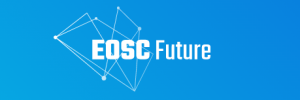

For further information please contact Stefan Buerli at stefan.buerli@fors.unil.ch
The European project RiTrainPlus began in fall 2021 with the aim of designing and implementing an international curriculum for the training of research infrastructure managers and operators. FORS leads a task on the development of a course for managers on data policy and data management. The project will continue until 2024.
For further information please contact Brian Kleiner at brian.kleiner@fors.unil.ch
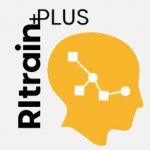
For further information please contact Brian Kleiner at brian.kleiner@fors.unil.ch

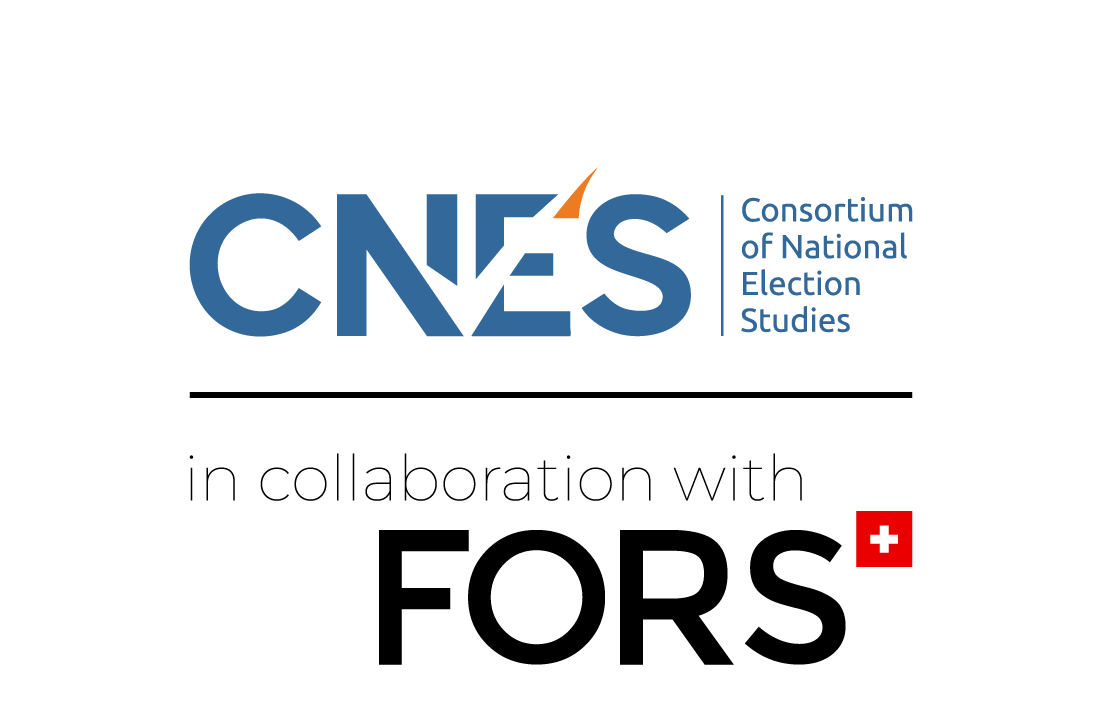
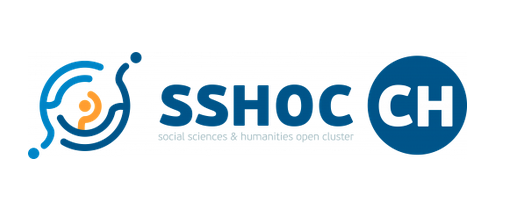
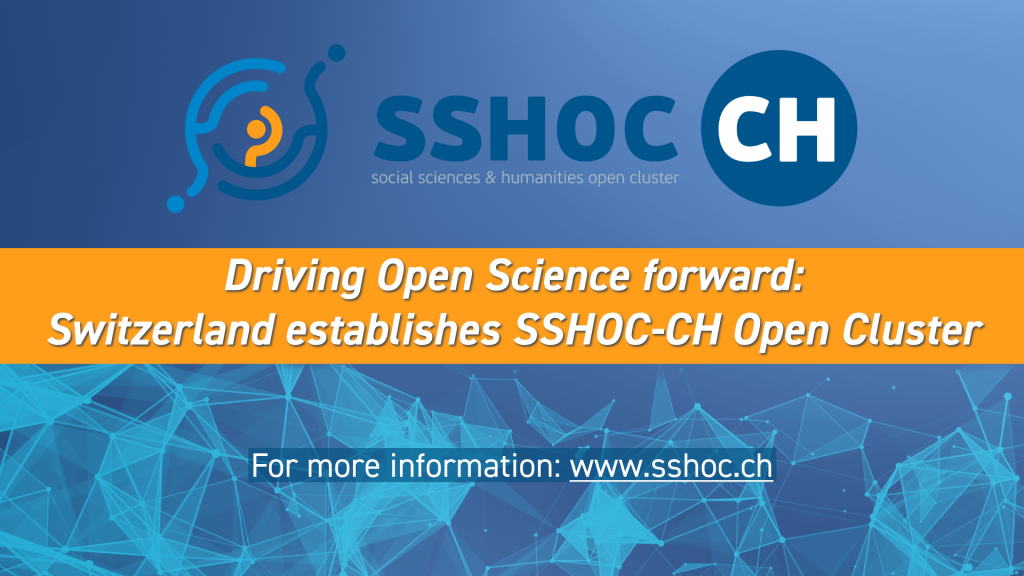













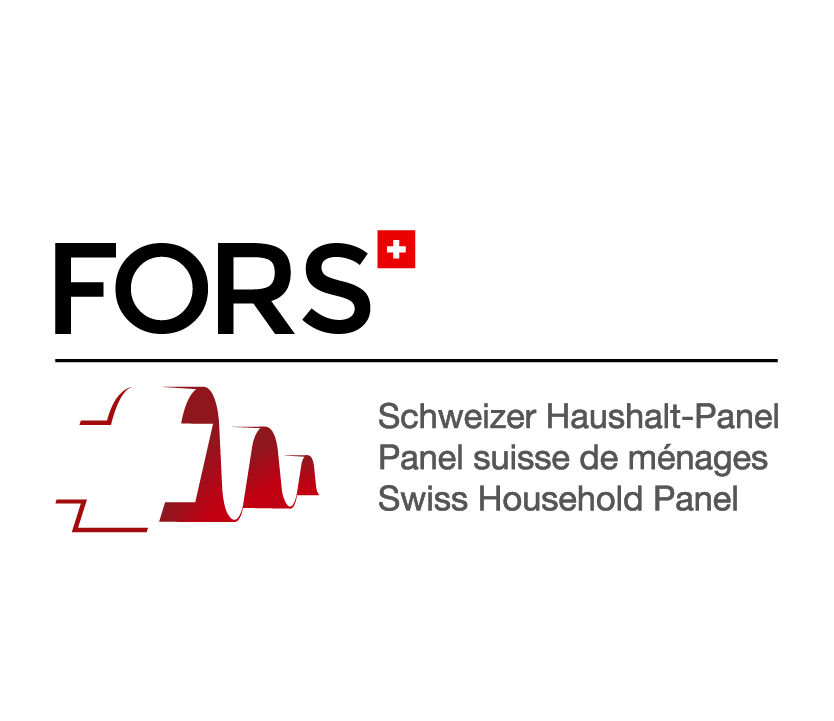
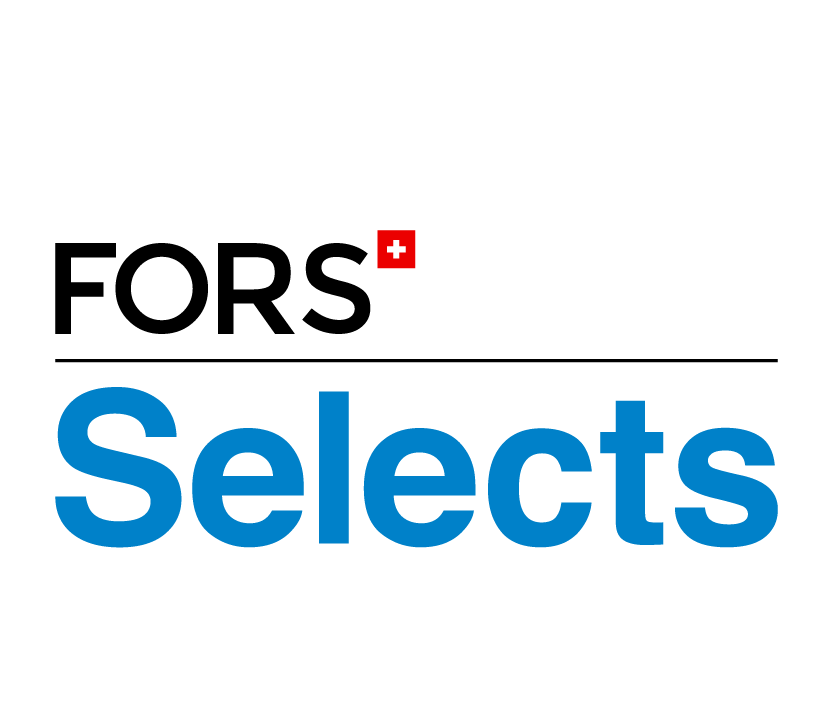
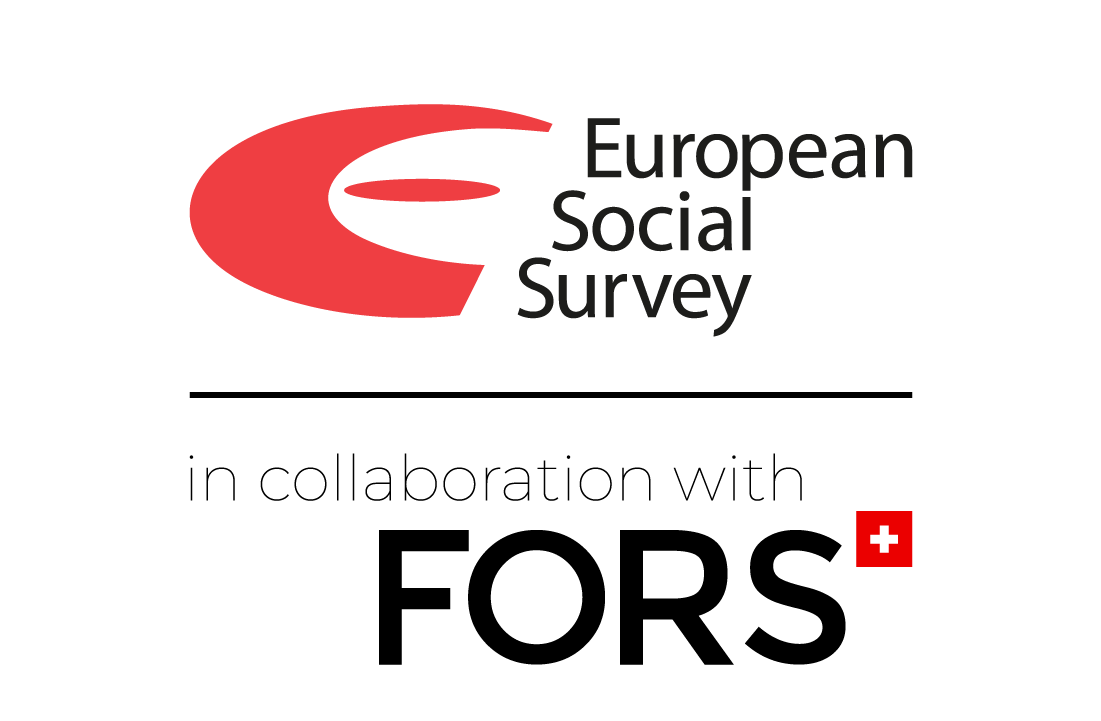
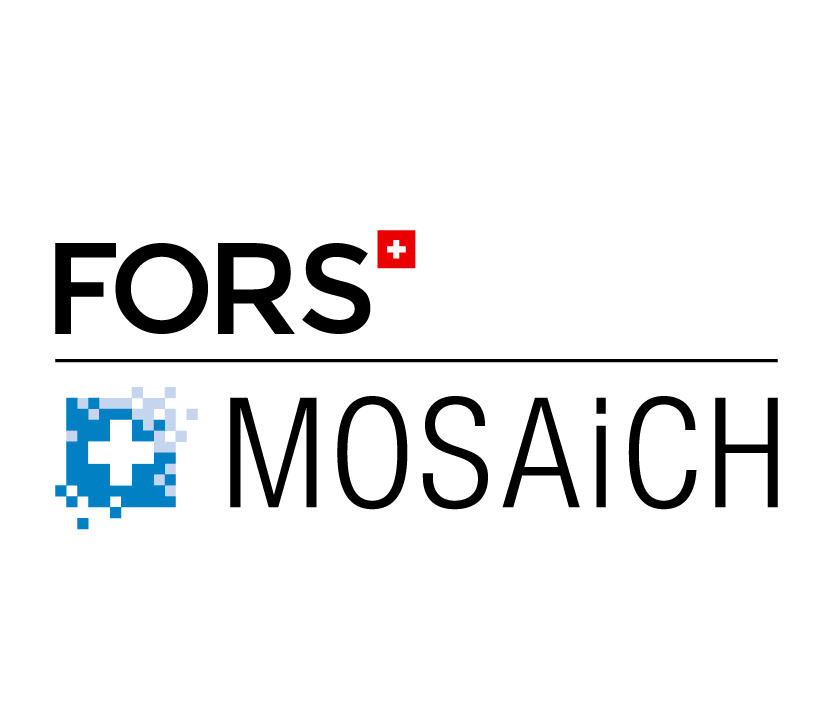
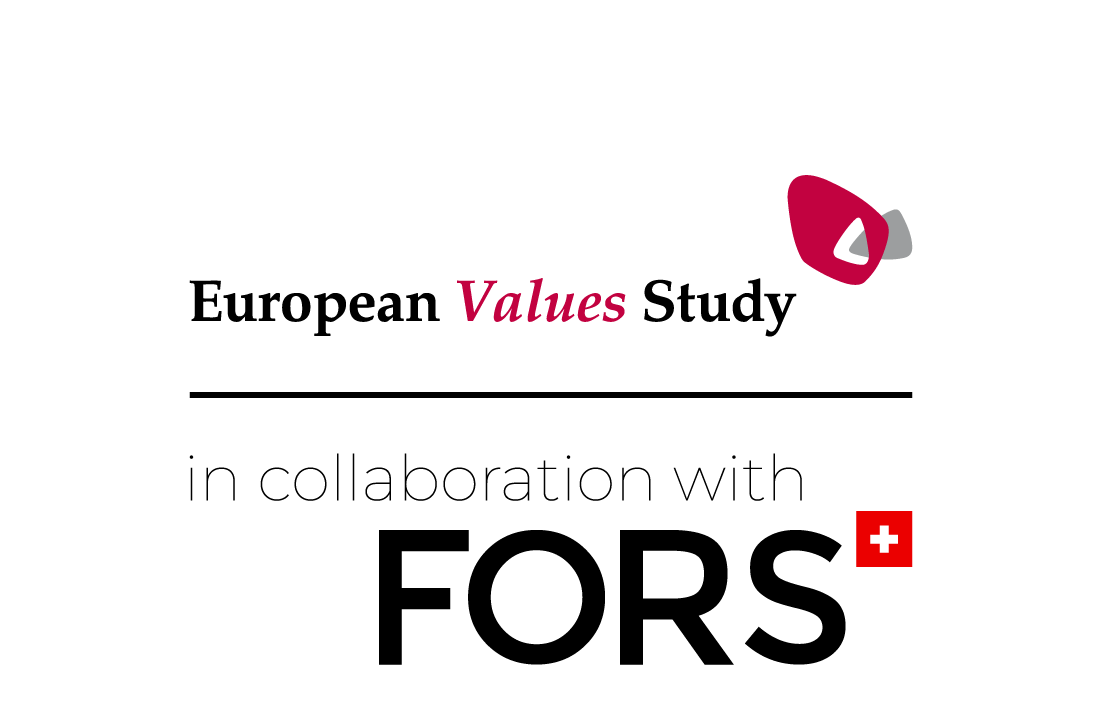
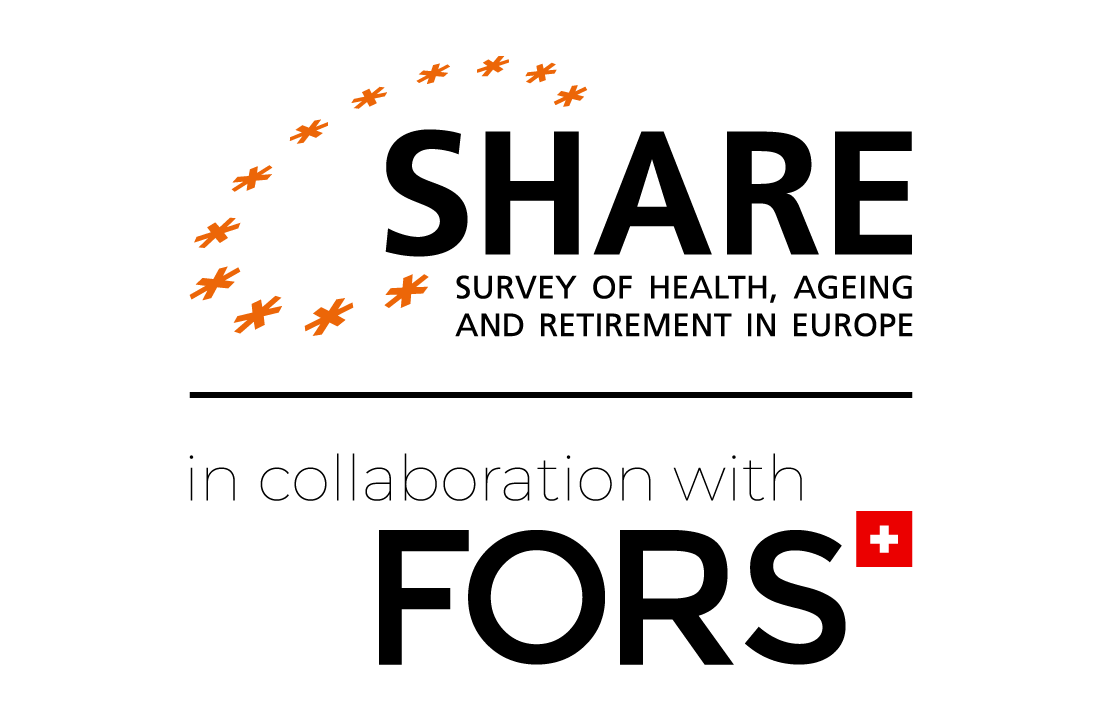
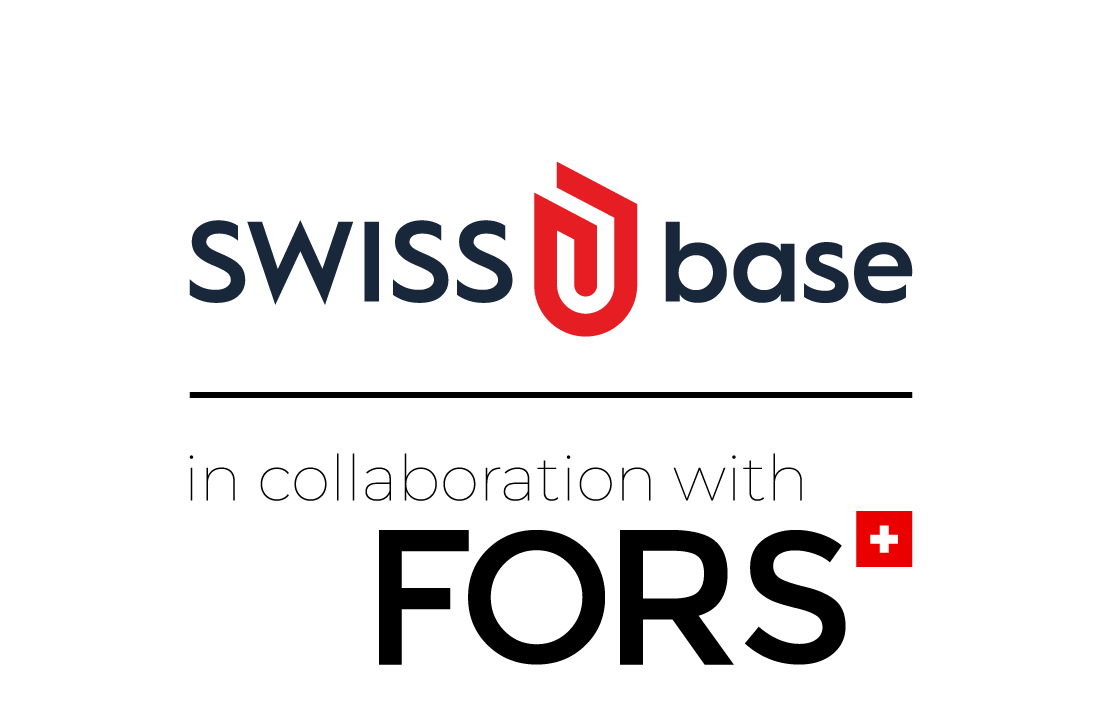
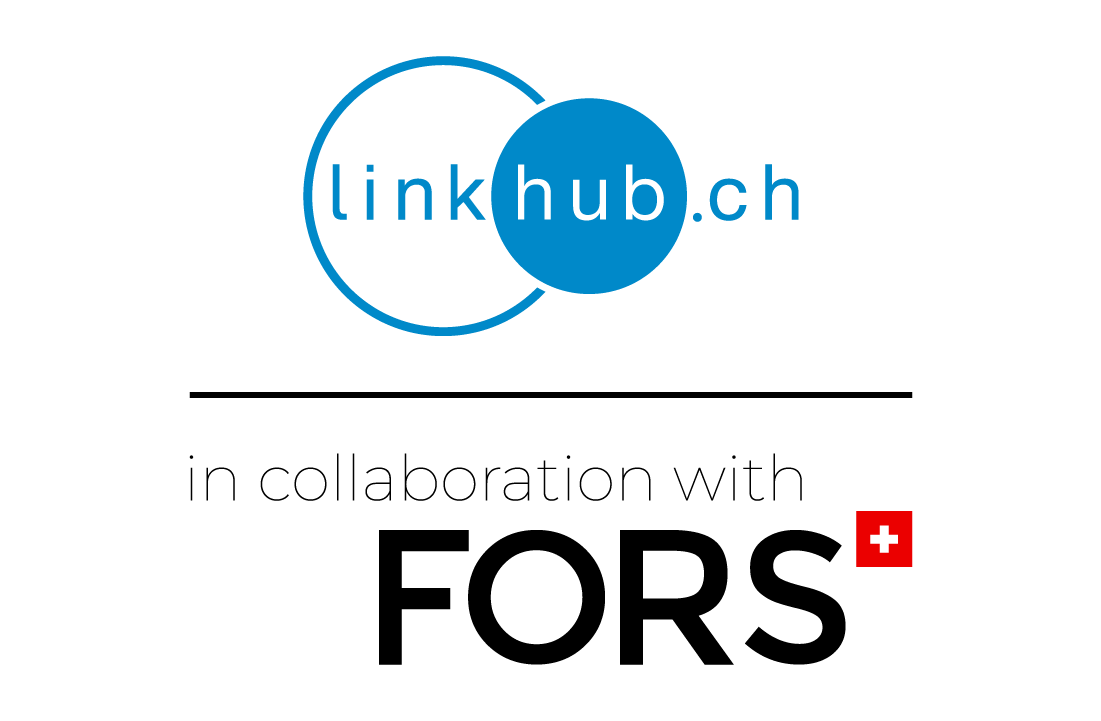
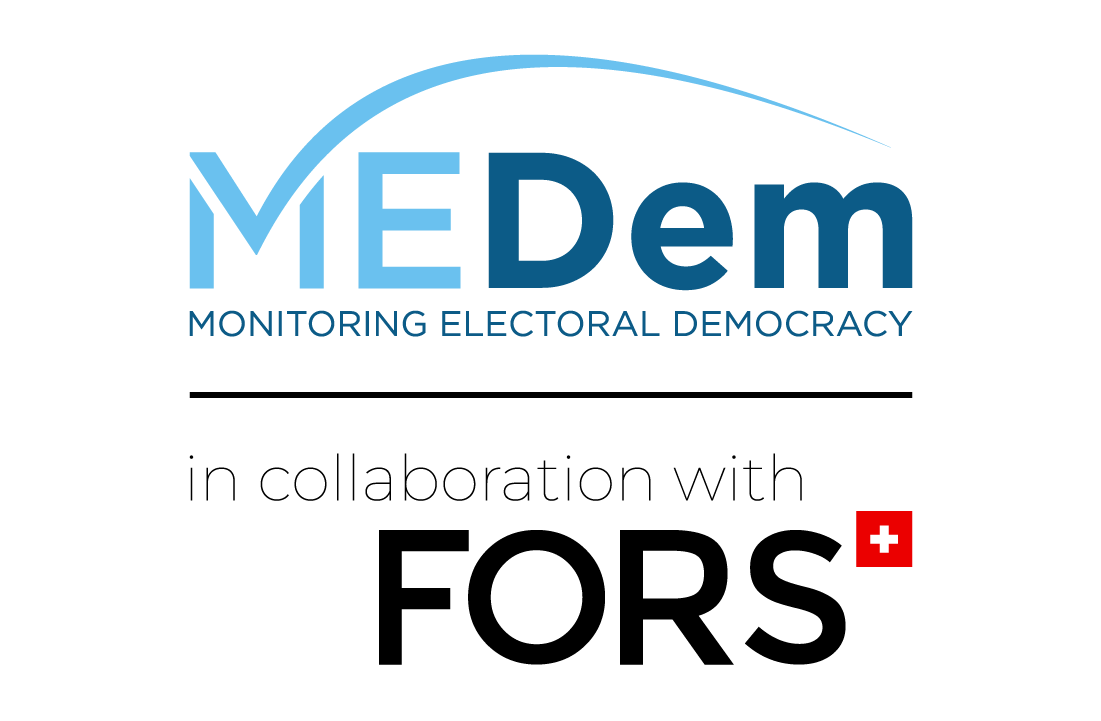
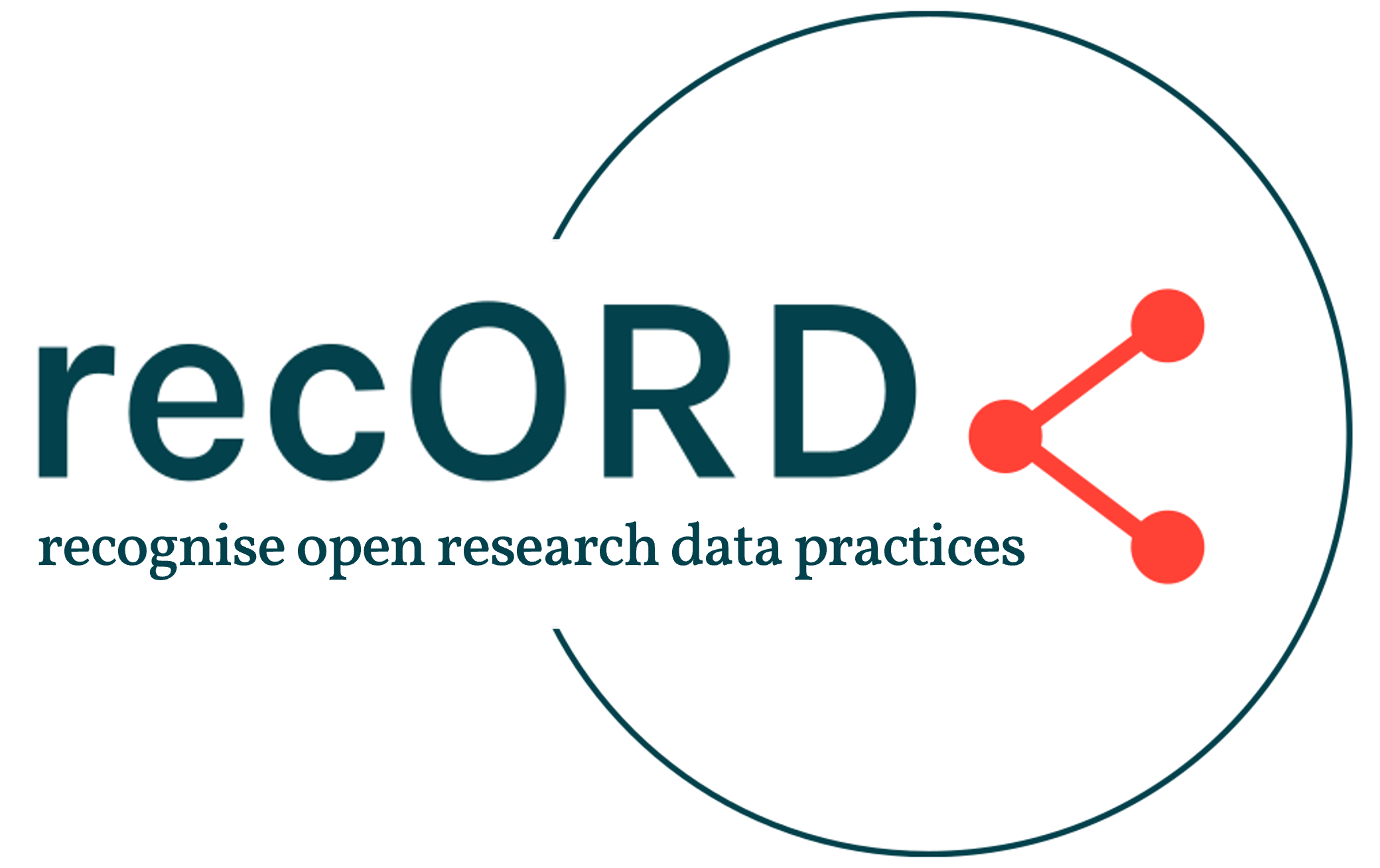








 Bâtiment Géopolis,
Bâtiment Géopolis, +41 (0)21 692 37 30
+41 (0)21 692 37 30

